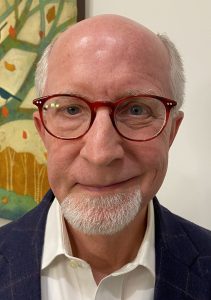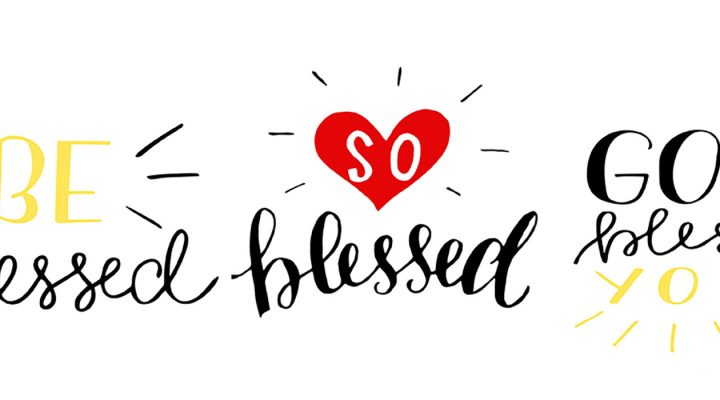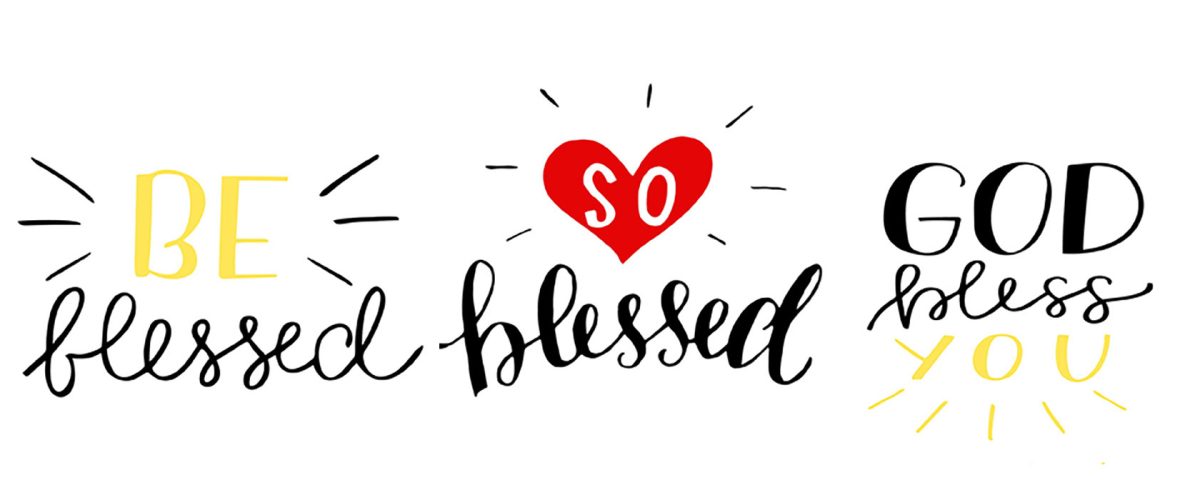Just as my eyes fluttered open, Joanna looked over the side of my gurney and said words on which my life pivoted: “Dr. Steckler said you won’t die from this.”
Even through the fog of anesthesia, I realized that brief sentence embodied good news and bad news. But I had no idea they prophesied blessing.
Before we get to blessing, some background.

Marv Knox
In February 2016, I felt a small knot beside my right ear. When I mentioned this to Joanna, my wise wife shuttled me off to my primary care physician, who shuttled me off to get an X-ray. A couple of days later, he called to say my little lump was composed of “fibrous matter.” Oh, and don’t worry about it.
Months passed. That doctor took another job, and Joanna’s doctor took me under her wing. During my intake exam, Dr. Zimmer arched her eyebrows when I said, “fibrous matter” and pointed to the side of my face. Soon and very soon, dye coursed through my veins as a scanning machine pinged around my head.
A few days later, Joanna and I sat in Dr. Steckler’s office as he palpated my face and neck. Ninety-plus percent of the time, tumors in the parotid — the salivary gland located on the back of the face and upper jaw — are benign, he said. Nothing to worry about. He would operate two days after Christmas, and I’d be running again by the weekend.
Around noon two days after Christmas, Joanna looked down and told me, “Dr. Steckler said you won’t die from this.” The good news — the Grim Reaper wasn’t hiding down the hallway. The bad news — I obviously had cancer.
“The only reason I couldn’t say it all hurt like hell is because I had not been to hell for verification.”
Before Dr. Steckler could drop by to provide the details, I figured out a few things on my own. A chunk of the right side of my face was missing. Half my face could not move. Two drain tubes snaked out of my neck. And the only reason I couldn’t say it all hurt like hell is because I had not been to hell for verification.
A little later, Dr. Steckler explained a bunch of stuff: Acinic cell carcinoma is extremely rare, and Dr. Zimmer’s alert care saved me. I needed surgery to help my right eye close. Six weeks of radiation would obliterate any remaining cancer cells. Most of the paralysis in my face would alleviate at about the rate a fingernail grows. Oh, and I wasn’t going to die of this.
While we’ve established I don’t know how bad hell hurts, I can tell you if it’s worse than recovering from two facial surgeries in two weeks, you don’t want to go there. And by the end, the burn of six weeks of radiation to my head felt even worse.
Yet through it all, when people asked me how I was doing, I told them I’d never felt more blessed.
If you’ve been reading BNG’s series on blessing, you know it’s a slippery subject. (Even if you haven’t been reading the series — and you should — logic tells you blessing is tough to talk about.) On the one hand, when fortuitous things happen to people of faith, we’re inclined to give God credit, and we often call it a blessing. On the other hand, bad things happen to people all the time, but we’re not inclined to blame God and call it a curse. But then, if we call all of it good or bad luck, then we’re implying God is not involved. We could chase this argument to infinity, but in the end, if we believe God loves all people, then we better watch our tongues when we talk about blessings.
Still, I can say without reservation the No. 1 word to describe how I felt — and still feel — about my experience with a malignant tumor is “blessed.”
Not because Dr. Zimmer brilliantly and compassionately sounded the alarm.
Not because Dr. Steckler, one of the best cancer surgeons in North America, saved my life.
Not because Dr. Merritt enabled me to close my right eye again.
Not because Dr. Petrikas blasted me with just enough radiation to ensure no cancer returned.
Not even — but almost! — because Joanna provided sweet loving care and generous doses of hope on the hardest days.
“The reason I felt blessed during my experience with cancer was because I never felt closer to God.”
The reason I felt blessed during my experience with cancer was because I never felt closer to God. Dr. Steckler gave Joanna brilliant words to simultaneously deliver the news and allay my fears. But that doesn’t explain how peaceful I felt. During one of the most frightful — and certainly the most physically painful — seasons, God felt as close as my next breath.
That bright blessing transcended those dark weeks of surgery, radiation and recovery. The sense of God’s presence during the most threatening and painful episode has shaped practically every day since. This world and my family have endured plenty of hard times in the past six years, but the sense of God’s presence has remained more tangible than it ever was before.
At the beginning of his Sermon on the Mount, Jesus lists nine categories of people he calls blessed. From an everyday perspective, most of them face a hard way to go. None would be inclined to attach #blessed to their social media account or slap a “So Blessed” sticker to their bumper.
And while I don’t count myself a biblical scholar and long since forgot most of the Greek I learned, I would venture to say their common denominator is they recognize where they stand with God. All the accoutrements others might account for blessing aren’t part of their equation.
God’s presence alone is enough. It’s blessing. Even with a divot on the side of your radiation-burned face with an eye that won’t shut right.
And blessing is available to everybody. Even on the worst days.
Marv Knox founded Fellowship Southwest after editing the Baptist Standard almost 20 years. Now retired, he lives with his wife, Joanna, in Durham, N.C. The silver lining in his cancer cloud is, thanks to paralysis of half his forehead, he now can raise a lone eyebrow — a feat he wished he could do since he first saw John Belushi on Saturday Night Live.
Other articles in this series:
‘We’re so blessed!’ | Opinion by Mark Wingfield
Blessing is not about good fortune; it is akin to God’s love | Opinion by Ann Bell Worley
Original blessing, the #blessed hashtag, and what it really means to be blessed | Opinion by Andrew Daugherty
When being a ‘blessing’ comes with some baggage | Opinion by Amber Cantorna
Seeing mortality as a blessing | Opinion by Cynthia Astle
Blessed by life’s diversions | Opinion by Jeff Hampton
Blessing is naming what is true | Opinion by Erin Robinson Hall
The blessing of provocation | Opinion by Molly T. Marshall
Blessed to be a blessing, globally | Opinion by Erich Bridges
When you count your blessings, what do you count? | Opinion by Barry Howard
Blessings of the pandemic | Opinion by Phawnda Moore
When the system is based on comparison, won’t someone always be ‘more blessed’ and ‘less blessed’ than another? | Opinion by Christy Edwards


